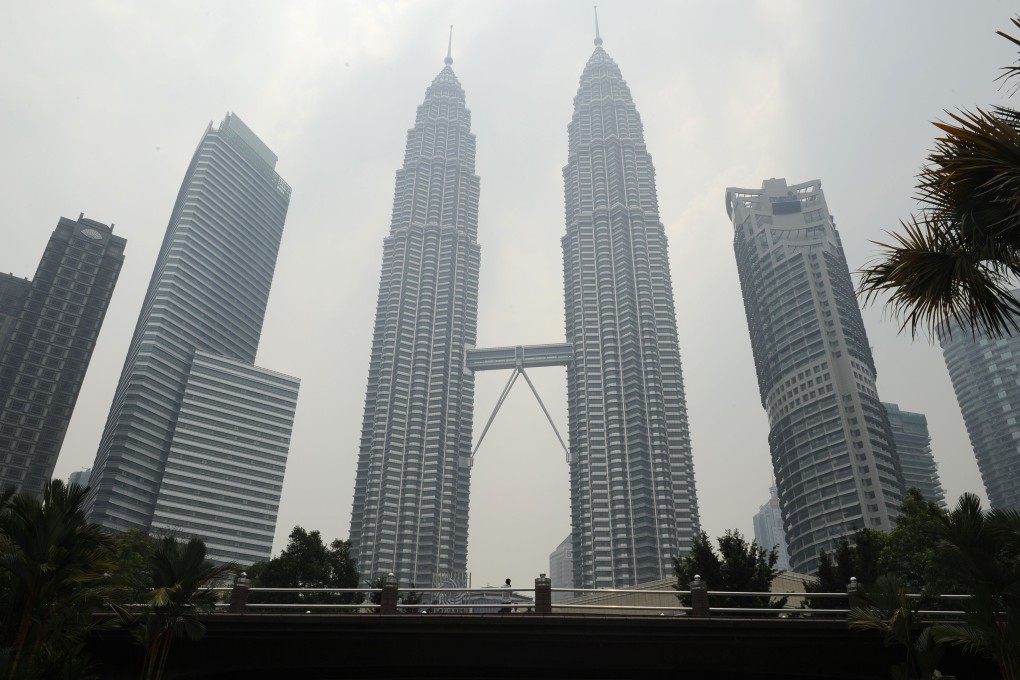
It’s good to see the Hong Kong SAR Government’s firm action to halt the smuggling of baby milk powder formula across the border is working. The tough measures which restrict every mainland-bound passenger to only two cartons of milk powder are being obeyed to the letter.
It works like this. Those assemble outside the Hong Kong foot passenger border crossing on the Hong Kong side, each clutching the permitted two containers of baby formula. Someone checks their passport numbers and across the border they go. Once on the mainland side, they head for the handover point, just beyond the exit. Here they are relieved of their booty and their passport numbers checked again. I am sure these mules are performing this service out of the goodness of their hearts and concern for small babies whose mothers, for some reason, can’t or won’t breast feed them. It would be cynical to think there is any financial gain. At any rate, those involved are far too smart to allow money to change hands in public view, which makes it all perfectly legal, or course. Just one worrying thought.
In amongst the cartons of proper baby milk formula, my spies observed cartons of regular dried cows’ milk powder changing hands. One hopes the recipients realise that this is not infant formula suitable for babies. It is often freeze-dried skimmed cows’ milk powder, stripped of fat and nutrients and if fed to babies, will cause malnutrition and sickness. Why can’t these women feed their own babies the way nature intended? It’s natural and free. Much of the blame lies with the maternity hospitals, who press nervous new mothers into using expensive milk formula, for which hospitals receive huge incentives from the formula companies. Once used to the stuff, babies reject nature’s alternative and an expensive habit is formed.
The shoebox search shifts – to Kuala Lumpur
After a fruitless hunt for a good value shoebox-sized flat on Hong Kong Island – with 200 square feet units in Wan Chai costing HK$3 million - it seemed pointless.
So where can you find value in residential property in Asia? Hong Kong, Macau, Beijing Shanghai and Singapore are all near the top of their cycles, which is never a good time to buy. Leung’s 15 per cent stamp duty has also stymied things for those with a property already, and everyone without Hong Kong permanent ID. That leaves Thailand, where property buying is complicated for foreigners. Japan and Tokyo in particular, are just coming out of a 20-year slump and offer excellent investment prospects, as we have discussed previously. Annual rental returns for central Tokyo shoeboxes can be as high as 10 per cent.
